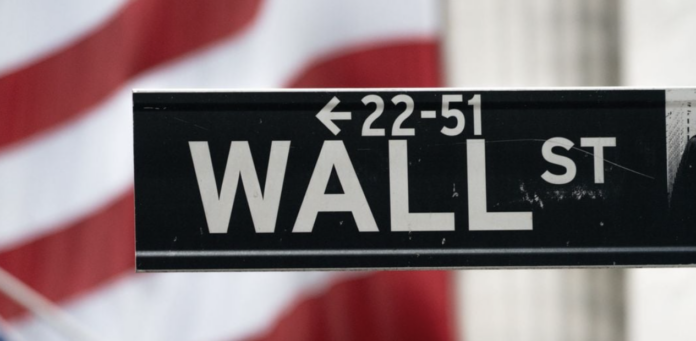Greg Jensen, co-chief investment office at Bridgewater Associates, said on Monday that investors were still overly optimistic about inflation and interest rate reductions.
Jensen, who appeared on the Odd Lots Podcast, argued that investors were still too optimistic that the U.S. will begin to grow again in the near future. He told the hosts that “the Fed seems to be a bit more realistic” than the markets about what it will take. “To get a rally in equity prices, we need to lower rates quickly and into an environment where earnings are good. This is the discounted line. You need more to get over that. “I think this line is a bit optimistic in comparison to what we are measuring.”
Jensen may have been wrong in the past about some things, but he’s still the CIO for the largest hedge fund in the world and has a keen sense of human behaviour. He continued to explain that our current bubble would have probably worked out on its own in the past. However, thanks to COVID-19 policies and the stupidity of the American public, these recovery trends are not available.
Jensen explained that, historically, when stocks fell and short rates rose, the personal saving rate would rise. People seeing higher interest rates, falling asset prices, slowing housing, etc. People tend to save more, which means there is less revenue for the companies. This leads to layoffs. Saving rates rise more when employment markets weaken.
COVID-19 policies destroyed this trend by forcing people to borrow for goods and assets they cannot afford. Jensen also noted that the pandemic brought about a deglobalization moment, along with new technologies like artificial intelligence. This combination created an uncertain future.
Reading between the lines was terrifying. The conversation seemed to be boring. A positive economy coupled with a “bad outlook” for stocks and bonds will likely lead to people buying items at high prices that they may not recover. This is a disturbing psychosocial trend.
People who purchased a house during the pandemic probably paid a higher price than what the home was worth. The people who were late in catching on to this trend bought overpriced homes with high interest rates. This meant that they had to pay more each month for a property which will depreciate.
The economic uncertainty in the future, could be as bad or worse than 2008 if rates don’t go down.










